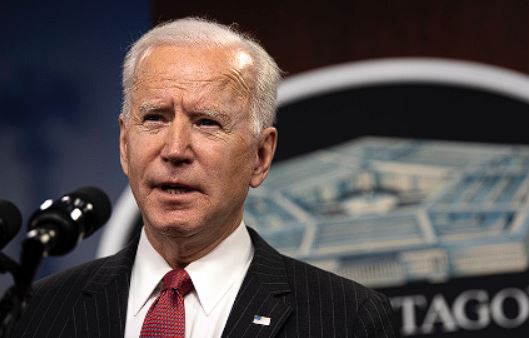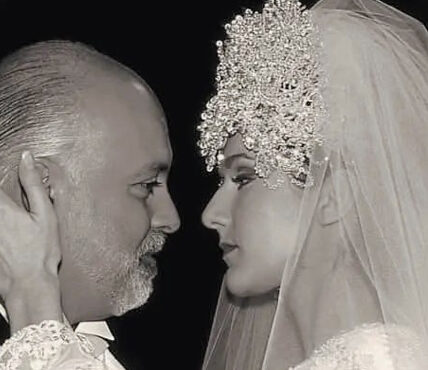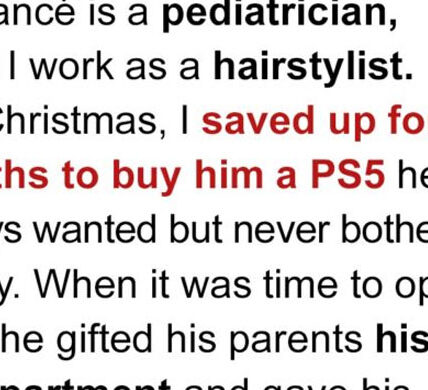A respected neurologist, who holds dual board certification, recently addressed rumors suggesting that President Joe Biden might suffer from Parkinson’s disease. He firmly denied these claims, instead proposing the possibility that the President might be experiencing “vascular dementia.” To be certain, he emphasized the importance of thorough neurological testing and recommended an MRI to further investigate this potential diagnosis.

This neurologist noted that the President’s medical history could play a role in this condition. After closely observing President Biden and considering the symptoms typically associated with Parkinson’s, he dismissed this diagnosis. Dr. Russell Surasky offered his expert view during an interview, where he candidly discussed concerns regarding the President’s cognitive health. There have been widespread discussions recently about Biden’s mental sharpness and overall cognitive abilities.
Dr. Russell voiced his understanding of the President’s situation and expressed dissatisfaction with the way Biden’s advisors appeared to conceal a possible health issue. While Parkinson’s was ruled out following a recent medical examination conducted in February, Dr. Russell suggested that the President might be facing a different neurological concern.
He emphasized that, unlike Parkinson’s, there are no characteristic signs of the condition present in President Biden. For instance, Biden was seen walking with a solid, confident stride rather than the shuffling walk typically linked to Parkinson’s. Additionally, he lacks other two critical Parkinson’s indicators: a tremor when at rest and a stiffness in muscle motion noted on one side of the body.
This raises the question: Could President Biden indeed be experiencing vascular dementia?
Dr. Russell extended an invitation to President Biden for a complete neurological assessment. Such an evaluation would encompass several hours and cover a variety of areas, including motor skills and memory tests. An MRI plays a crucial role in this comprehensive diagnosis process, as it provides valuable insights into potential conditions like vascular dementia.
Moreover, there is an understanding of factors that might heighten Biden’s risk for developing vascular dementia. The President has a medical history of atrial fibrillation, a condition indicative of an irregular heartbeat that impacts the brain’s blood flow. Additionally, past incidents of brain aneurysms — where a blood vessel in the brain bursts or begins bleeding — further underscore potential concerns around his neurological wellness.
In light of these insights, there’s a growing acknowledgment that further medical inquiry is warranted to precisely determine President Biden’s health status. This would ensure appropriate measures are in place to support and maintain his well-being. Maintaining good health is vital, especially when shouldering the responsibilities that come with leading a nation.
The discourse on President Biden’s cognitive health serves as a broader reminder of the importance of regular check-ups and proactive health management, particularly as individuals age. By prioritizing a thorough assessment, it enables timely intervention and the fostering of continued well-being, allowing leaders and citizens alike to live life to their fullest potential.



